We Begin at the End
Chris Whitaker’s novel “We Begin at the End” wields the profound capacity to stir deep emotional responses through its intricate storytelling and vivid characters. This book, both heart-wrenching and beautifully crafted, delves into themes of redemption, justice, and the painful complexities of human relationships.
The story revolves around the fiery yet fiercely protective thirteen-year-old Duchess Day Radley. Styled self-consciously as an outlaw, Duchess’s outer shell of toughness belies a vulnerable interior, tasked with the overwhelming responsibility of caring for her young brother Robin and their dysfunctional mother, Star. Whitaker brilliantly shapes Duchess as the driving force of the narrative, capturing the precarious balance between childhood and forced maturity.
In parallel, we follow the weary figure of Walk, the chief of police of the small coastal California town where the shadows of the past loom long and deep. Marked by his lifelong guilt over his role in the incarceration of his childhood friend, Vincent King, Walk emerges as a potent symbol of constancy and moral struggle in the imminent upheaval brought by Vincent’s return after thirty years in prison.
Whitaker masterfully constructs a palpable tension and community atmosphere that feels as much a part of the story’s fabric as the leading characters. His prose is clean yet evocative, conveying the small-town setting with precision that makes the environment almost an additional character, silent but watchful over the unfolding events.
One of the most impressive aspects of “We Begin at the End” is the author’s adept handling of a complex web of emotions and character trajectories that never feels contrived. The characters’ decisions and the consequences that follow are portrayed with a remarkable authenticity that mirrors real life’s unpredictability and inevitable hardships.
While mostly maintaining a delicate balance between poetic justice and the stark reality of life’s sometimes unsavory outcomes, the novel occasionally veers towards melodrama but pulls back just in time to preserve the emotional integrity of the narrative.
Overall, “We Begin at the End” is a compelling read that offers a deep dive into the human psyche, exploring how the past continuously shapes our present and future, often in ways we least expect. It stands out for its strong character development, poignant storytelling, and the seamless weaving of themes that touch the very core of what it means to be human. The novel isn’t just a journey through the lives of its characters but an exploration of the very notion of justice, family, and the complex interplay of personal histories.
Chris Whitaker has crafted a modern tragedy that holds the reader spellbound from beginning to end, managing to be both timeless and timely. This book comes highly recommended to readers who appreciate depth, nuance, and narrative force that drives not just the plot but also carves out a place in the reader’s heart.

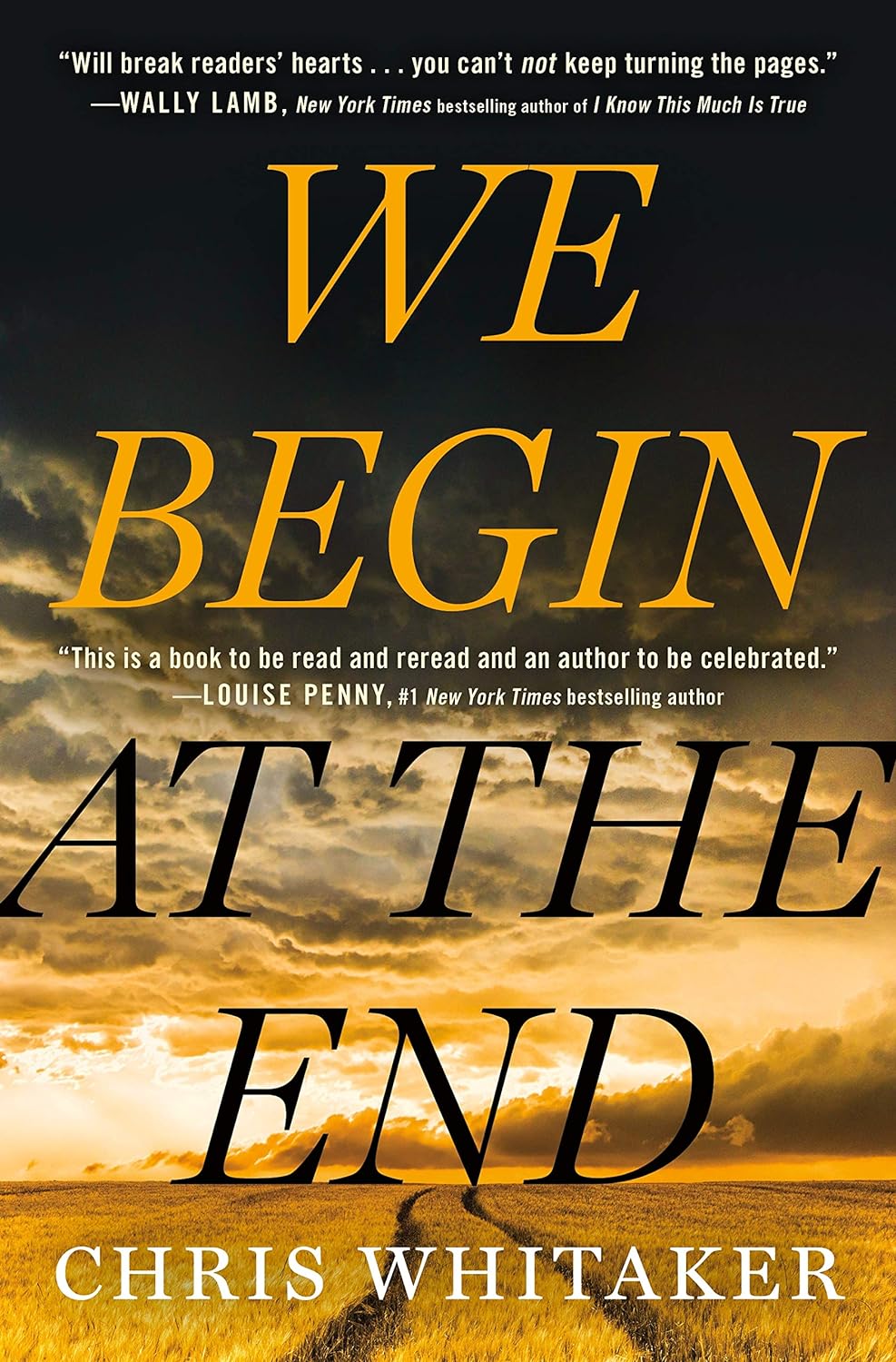
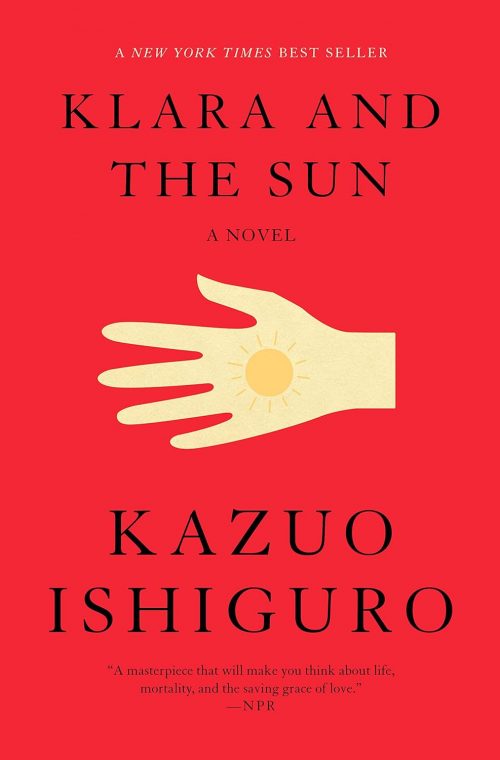

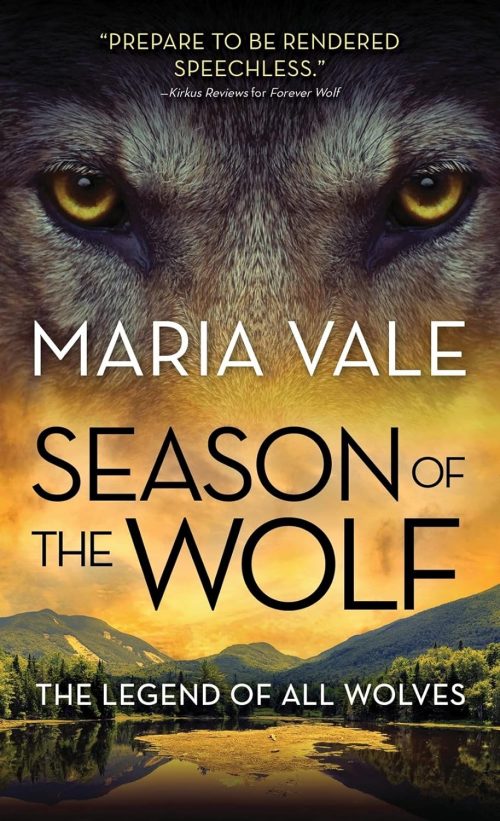
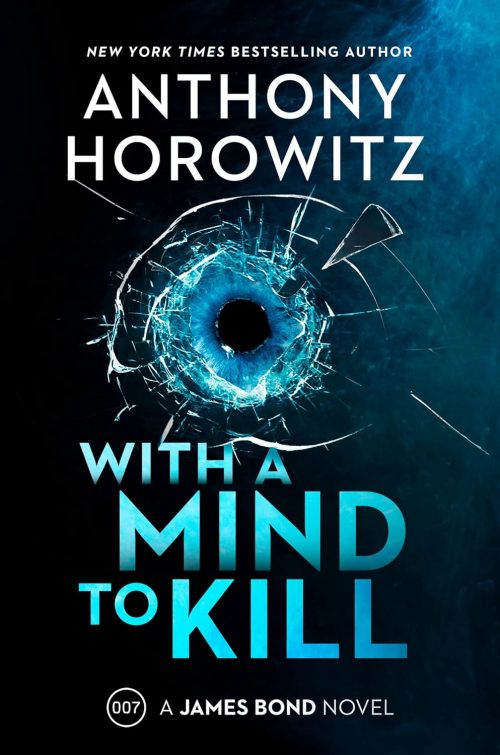
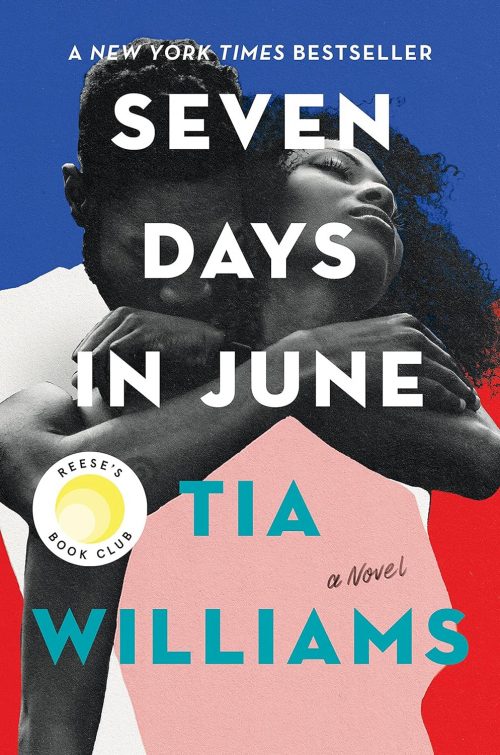
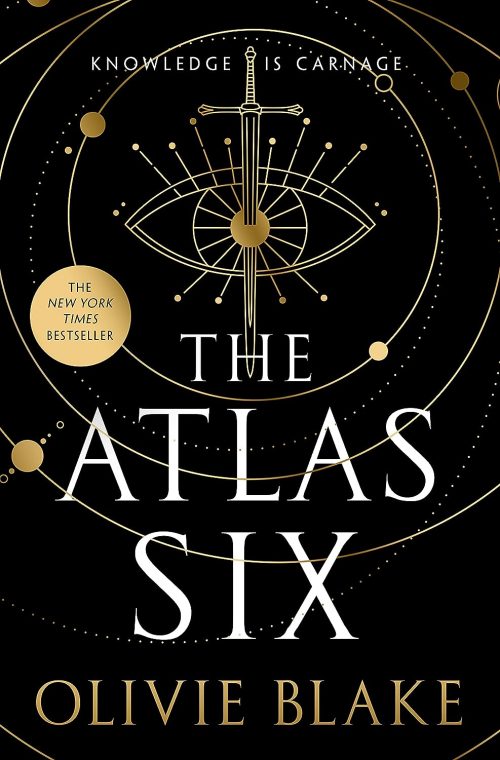

Reviews
There are no reviews yet.